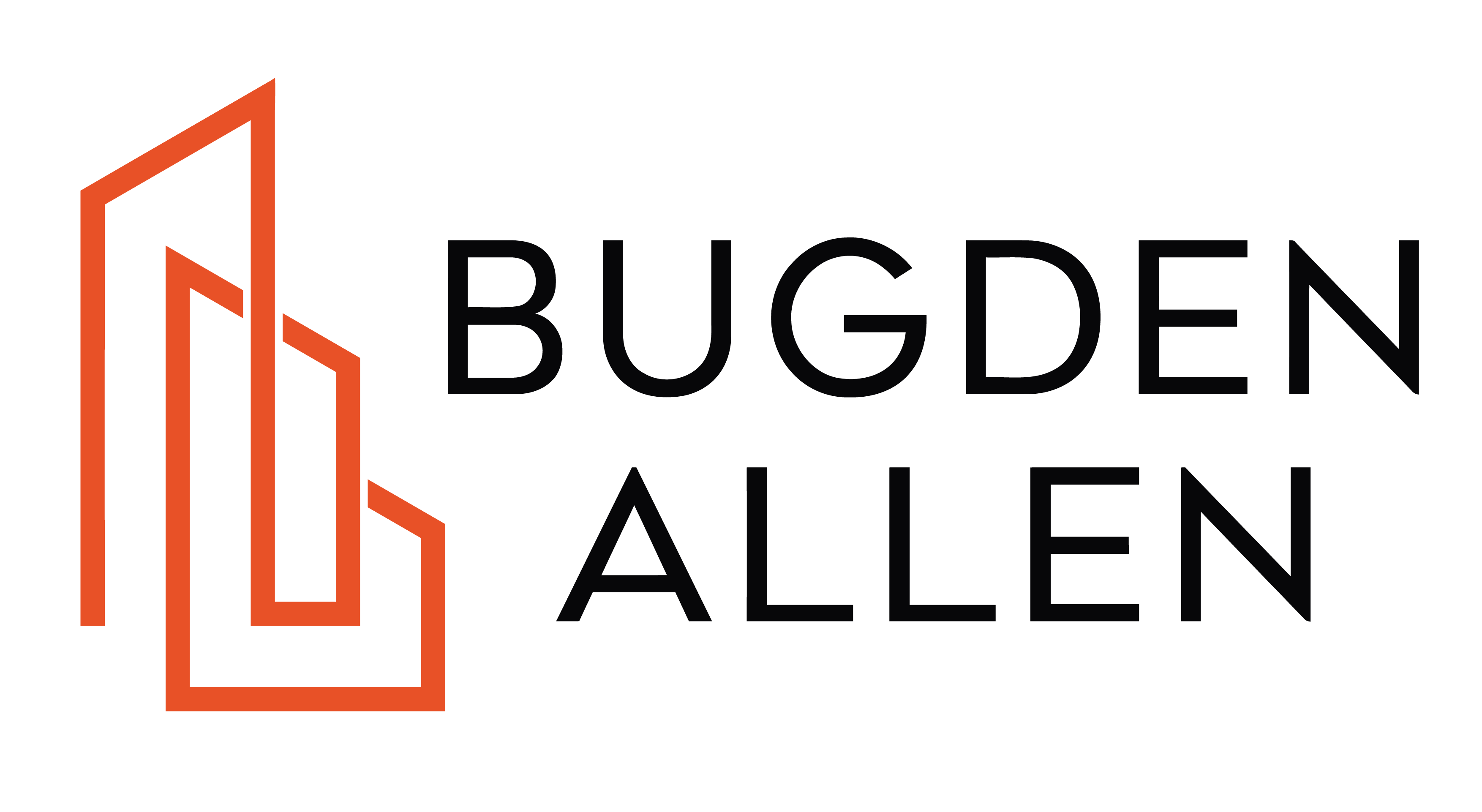Paying Owners Corporation Fees Are Not Optional: Clearing Up the Myths Around Owners Corporations’ Fees
Obligations
Can an owner refuse to pay their owners corporation (OC) fees, charges or contributions because of building defects, poor management, or a dispute with their neighbours? Short answer: no.
Under the Owners Corporations Act 2006 (Vic) (the Act), paying OC fees are not a matter of choice or contract, they are a statutory obligation. Every lot owner is required to
contribute to the financial running of the OC, and failing to do so can create significant risks for both the individual and the community. Yet, despite this clarity in the law, misconceptions about obligations to pay OC fees continue to circulate.
A Statutory Obligation
Levies are struck so that OCs can cover insurance, maintenance, utilities, and other essential services. Section 28 of the Act makes clear that owners, purchasers in possession of and any person entitled to receive rents and profits from a lot are liable to pay any outstanding fees, charge, contribution or amount owing to the owners corporation in respect of that lot. Unlike a contract where parties can negotiate terms or assert defences for non-performance, statutory obligations leave no such room for manoeuvre.
This distinction matters. Many owners wrongly assume they can “withhold” payment as a form of protest, but the law provides no such defence. Payment and dispute resolution run on parallel tracks: an owner must pay their OC fees when they fall due and payable, even if they later pursue action about defects, maintenance, or governance.
Common Misconceptions
Some of the most frequent myths include:
- There are defects in the building, I shouldn’t have to pay
While defects may be a legitimate concern, they do not extinguish an owner’s obligations to pay their fees under the Act. Owners may seek redress from builders, developers, or managers, but OC fees remain payable.
- I don’t use the facilities, so I shouldn’t contribute.
Fees levied to owners are used for, among other things, the general administration of the common property and repair and maintenance obligations carried out on the common property and services that benefit the entire building or complex, whether or not an individual owner chooses to use them.
- The fees are unfair, so I’ll wait until they’re adjusted.
Even if the fees levied are later amended, owners must pay what has been struck until the adjustment is made through the appropriate process under the Act.
- I have commenced proceedings against the OC, the OC have struck special levies to pay for their legal costs. I shouldn’t have to pay because I am funding their defence.
Yes you do, you are part of the OC.
Consequences of Non-Payment
When owners refuse to pay, the financial burden shifts to others in the building or complex. This creates cashflow strain, delays maintenance obligations, and can undermine insurance cover. For the individual owner, non-payment can mean interest charges, recovery proceedings, and liability for legal costs, often far exceeding the original outstanding amount.
Approach to Fee Recovery
This is where tools like LevyCollect provide real value. Designed specifically for the OC sector (strata/body corporate/strata company if you are not in VIC or NSW), LevyCollect streamlines the fee recovery process, helping managers and OCs to take a professional, consistent, and legally sound approach to debt management. By reducing delays and removing emotion from the process, LevyCollect helps OCs remain financially stable while ensuring owners meet their legal obligations.
The Bottom Line
Levies are the lifeblood of every OC. Without them, the OC simply cannot function. They are not optional, not conditional, and not negotiable. With clear communication, robust processes, and the right support systems in place, OCs can protect themselves from the risks of non-payment and ensure every lot owner pays their share.
—END—
This article was first published on 29 August 2025. It was written by Julia Moroz, Special Counsel and Justine Nguyen in Melbourne and Petra Lohmann, from LevyCollect.
© Bugden Allen Group Legal Pty Ltd. This is general information only and not legal advice. You should not rely on this information without seeking legal advice tailored to your specific circumstances.




